The Committee for Relevant Art (CORA) turns 30 in 2021. A loose collective of writers, journalists, poets, artists, theatre practitioners, photographers and filmmakers, CORA sought to give voice to a category of citizens that had been highly marginalised within the Nigerian nation. Yomi Layinka, an actor, Toyin Akinosho, journalist and geologist, Tunde Olanipekun, visual artist, Jossy Ogbuanor, magazine designer, and Chika Agulu-Okeke, artist, (now professor of art history), a few other like-minded individuals sought to draw relevance, focus and seriousness to the deliberations of Nigerian artists in a context that often seemed to neglect and sometimes, demean them.
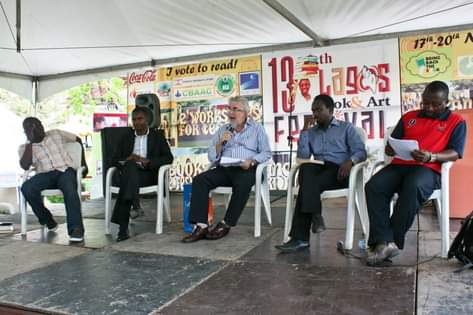
In 1991, when the collective was formed, Nigeria was still under the throes of military dictatorship. The wily and devious Ibrahim Babangida, an army general, was paramount ruler of the country.
Join our WhatsApp ChannelBefore then, years of military dictatorship had left their mark. The universities were fast becoming a shadow of their former selves and perennial strikes had left their toll on the effective functioning of tertiary institutions. Successive waves of brain drain began with the best academics and researchers decamping for better climes in Europe, the United States and the Middle East. The gun, rather than the pen, seized the public imagination as the surest way to success.
Top class academics were routinely publicly humiliated by the military and their spineless civilian collaborators in ploy to further mystify the gun to the detriment of the intellect.
The single most important event that underscored the significance of the intellect during the long years of military rule was perhaps the award of the Nobel Prize for literature to Wole Soyinka in 1986. The artist was no longer respected or celebrated at home unless she won some major prize or accolade abroad.
This development was just another instance of extraversion, an extraversion of symbolic value and capital, a concept developed in various ways by Paulin J. Hountondji, the famous Beninois philosopher. Indigenous or perhaps endogenous theories, concepts and intellectual approaches needed to be validated by Western society and its academies before they received approval from home.
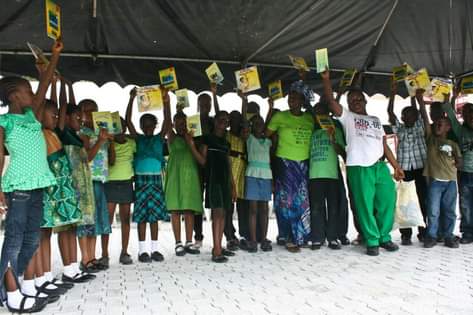 The celebration of Soyinka’s global victory was indeed superficial. Not long after, another world-renowned author in the person of Ken Saro-Wiwa was murdered by state along with eight other Ogoni activists in November 10, 1995. The sword, in an unmistakable demonstration of stark force and unhidden brutality asserted its unquestioned hegemony over all affairs Nigerian.
The celebration of Soyinka’s global victory was indeed superficial. Not long after, another world-renowned author in the person of Ken Saro-Wiwa was murdered by state along with eight other Ogoni activists in November 10, 1995. The sword, in an unmistakable demonstration of stark force and unhidden brutality asserted its unquestioned hegemony over all affairs Nigerian.
In spite of accompanying ideologies of authenticity and nativist posturing that were flourishing at home, ultimately, local artistic and intellectual efforts were meaningless under the vice-grip of militarism. Indeed, the gun had become mightier than the pen and paintbrush. And those of us who knew better were simply ignored and banished to the margins of society.
And then, here comes CORA, proclaiming the arts were relevant, that culture was what distinguished us as humans, and that our cultural accomplishments were in fact our greatest legacy. To the disillusioned artist wasting away in the derelict and hopeless margins of society, CORA kept emphasising her significance, indeed, her centrality to the societal scheme of things.
CORA had many lofty plans, including vigorously advocating for the late Ambassador Segun Olusola–erstwhile Nigerian ambassador to Ethiopia and avid art collector- to become chairman of a Coalition of Nigerian Artists, CONA as proposed by the botanist, photographer Kole Ade-Odutola and a few of his comrades.

Unfortunately, this plan did not work out but it demonstrates the kind of intricate strategising and networking CORA was involved in. The collective also sought to act as a link between government bureaucrats, culture activists and artists. In many of its activities, it anticipated the fortuitous turns and blind spots of policymaking by interpreting layers of culture so they can be more easily digestible by those who work on cultural matters in government circles and clueless brow-beaten artists.
In assuming this important role, CORA became the semi-official face and representative of the ordinarily disempowered artist in the public realm. Undoubtedly, it wasn’t an easy role to fulfil given the conflicts of interest that could arise. Government is renowned for co-opting useful and legitimate opponents, corrupting honourable ideals and undermining the independence of civic-minded organisations. But CORA refused to be coopted and managed to maintain its storied independence. Indeed, this is a highly commendable feat.
And what a consistent, dedicated and uplifting voice CORA became for the erstwhile marginalised Nigerian artist. The popular notion of the artist as a disorganised, politically and economically illiterate and socially disconnected simpleton was systematically debunked by the successes of CORA as an organisation. On each major issue of national cultural significance, it advanced well-reasoned arguments and positions.
It became a ready forum for intellectual discourse and debates of national and subsequently, international proportions. As artists gathered to enjoy calabashes of fresh palm-wine and palms full of peanuts underneath shady trees, amid calm evening breezes, one could be sure that some urgent topic of national significance was been discussed. For artists that came from fractured families, CORA provided a wholesome family, for those who were voiceless, it offered vigorous voice, for those who lacked organisational power, it supplied a solid organisational structure and much more.
Until today, the official representatives of CORA retain their independence and continue to agitate for the improvement of the conditions for the artist and art making. CORA has also managed to hold on to its core values and ideals where other similar organisations and collectives have fallen by the way side due to needless infighting, official meddling and cooptation, loss of focus or sheer exhaustion. CORA has been blessed with representatives who unfailingly demonstrate unflagging energy.
Under militarism, culture, or more specifically, the arts came to be viewed as a marginal pursuit, something one does as a trivial and harmless pastime, only to be indulged in, when one had the time and resources. Otherwise, it wasn’t supposed to be regarded as important as the dominant spheres of the economy and politics. Rather than the Economy,
Politics and Culture maintaining an equal footing on the national hierarchy of values, culture with a small c became effectively relegated.
With the steady economic and political emasculation of the role of the artist, she rapidly became an irritant, ceaselessly pleading for relevance and acceptance. This was what occurred to the artist under the aegis of prolonged militarism.
Artists had no umbrella under which to assert themselves and articulate their needs and demands. However, CORA was able to provide that vital platform for the artist to continue to operate. CORA was an unequivocal affirmation of the role and significance of the artist in times of widening philistinism, terror and deinstitutionalisation. Indeed, disinstitutionalisation is a term used by Afro-pessimist philosophers to explain the material fragmentation of African societies and institutions.
Under military rule, there was a constant abuse of the role of institutions in society. Institutions were employed as pawns in a Kafkaesque sum zero games of elimination in which political opponents, both real and imagined, were created and then summarily annihilated as victims of the whims of power. Power, in its crudest manifestations, had become the defining reality that secured the social compact. But it wasn’t the kind of power that was used to defend society. Instead, it was employed to subjugate and control the citizenry, to keep it in a perpetual state of fear, anxiety and paralysis in order for power to have its way at all costs.
In seeking the collective good, we invested the figure of strong man with a superfluity of power and terror because we erroneously believed that was the only way to ensure the unity of a lopsided polity. This disastrous mindset led to a marked evisceration of values, commonalities and collective aspirations. And eventually, it also led to the end of the importance of the artist as we had previously known it. Unfortunately, as Nigeria continues to succumb to its internal tumult in its current condition, advocates for the return of the strong man as political savior have started to gain in numbers significantly. They forget that up till now, the country hasn’t rebuilt its language of civility and civil discourse destroyed by several military iterations.
CORA fought gallantly for the revival of the importance of the artist. Where she had been steadily gathering dust and cobwebs as an often neglected butt of society’s jokes, CORA dusted her off, encouraged and revitalised her with soothing words of comfort and more importantly, with deeds that made her want to fight for another day. And for a while, the fight seemed to be one she could win. Democracy arrived as a new dawn. We had hoped we could restore our disembowelled institutions, rebuild our battered communities and revitalise shamelessly distorted values. Alas, the shameless, ruthless and clueless military pretenders returned in civilian garb to wreak more havoc on an already prostrate polity.
Boko Haram, roving Fulani bandits, unconscionable herdsmen, highway bogymen, merciless secessionists, ethnic jingoists, parochial militias of all stripes are operating at full flow unchecked by an ineffectual state together with equally corrupt, myopic and clearly incompetent leadership. The question, is, what role can CORA play within this sordid and dispiriting context? How can CORA restore the relevance of the artist in times when society has reached new levels of degradation and collective immolation? It is great that CORA has been able to function for 30 uninterrupted years. After the gongs of celebration have been packed and stored in closets, CORA as a whole would have to do some tough thinking about how far Nigerian society has sunk and what needs to be done to rebuild it and then finally, it has to also re-imagine the roles and future of the artist in uncertain times. But just as the current state of Nigeria is too despondent for words, we mustn’t fail to wish CORA another 30 years of inspiring productivity as the veritable institution it has now become.
*Sanya Osha is the author of several books including Postethnophilosophy (2011) and Dust, Spittle and Wind (2011), An Underground Colony of Summer Bees (2012) and Ken Saro-Wiwa’s Shadow (Expanded Edition) (2021) among other publications. He works at the Institute for Humanities in Africa (HUMA), University of Cape Town, South Africa.

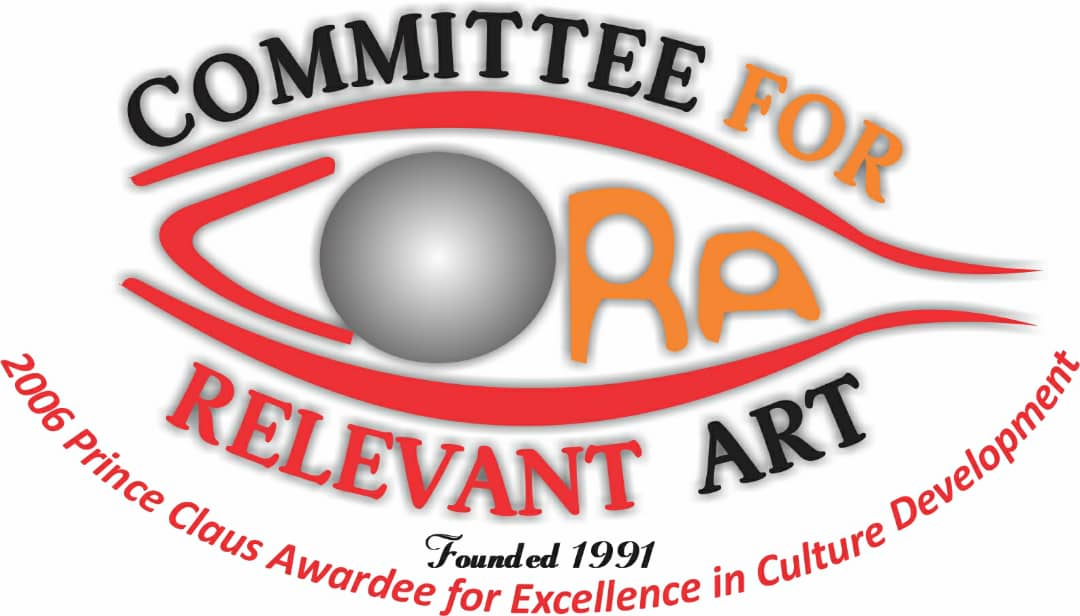




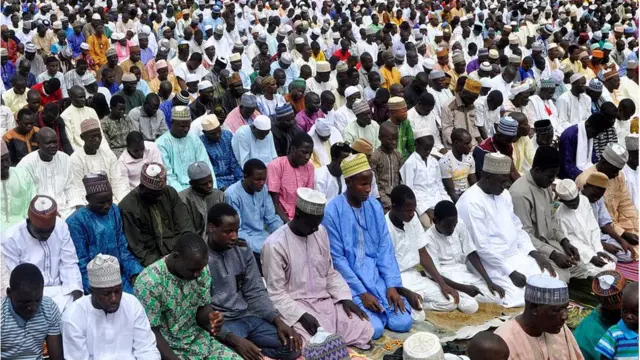








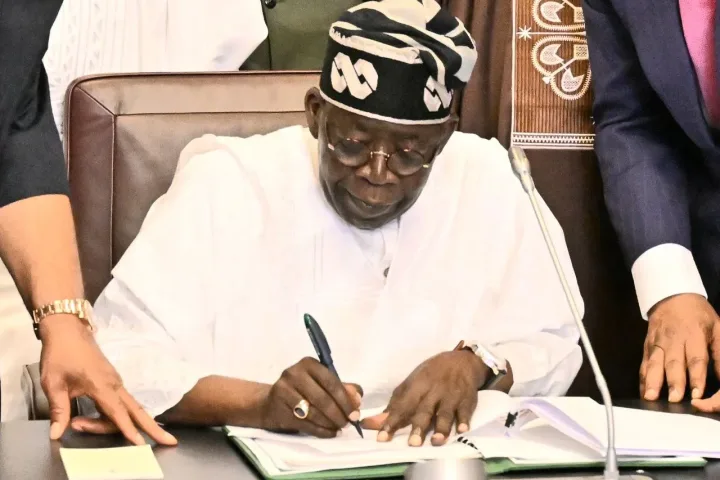
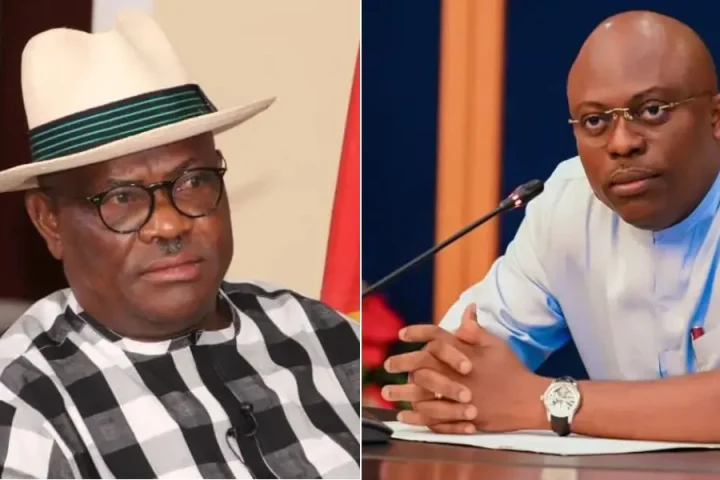
Follow Us